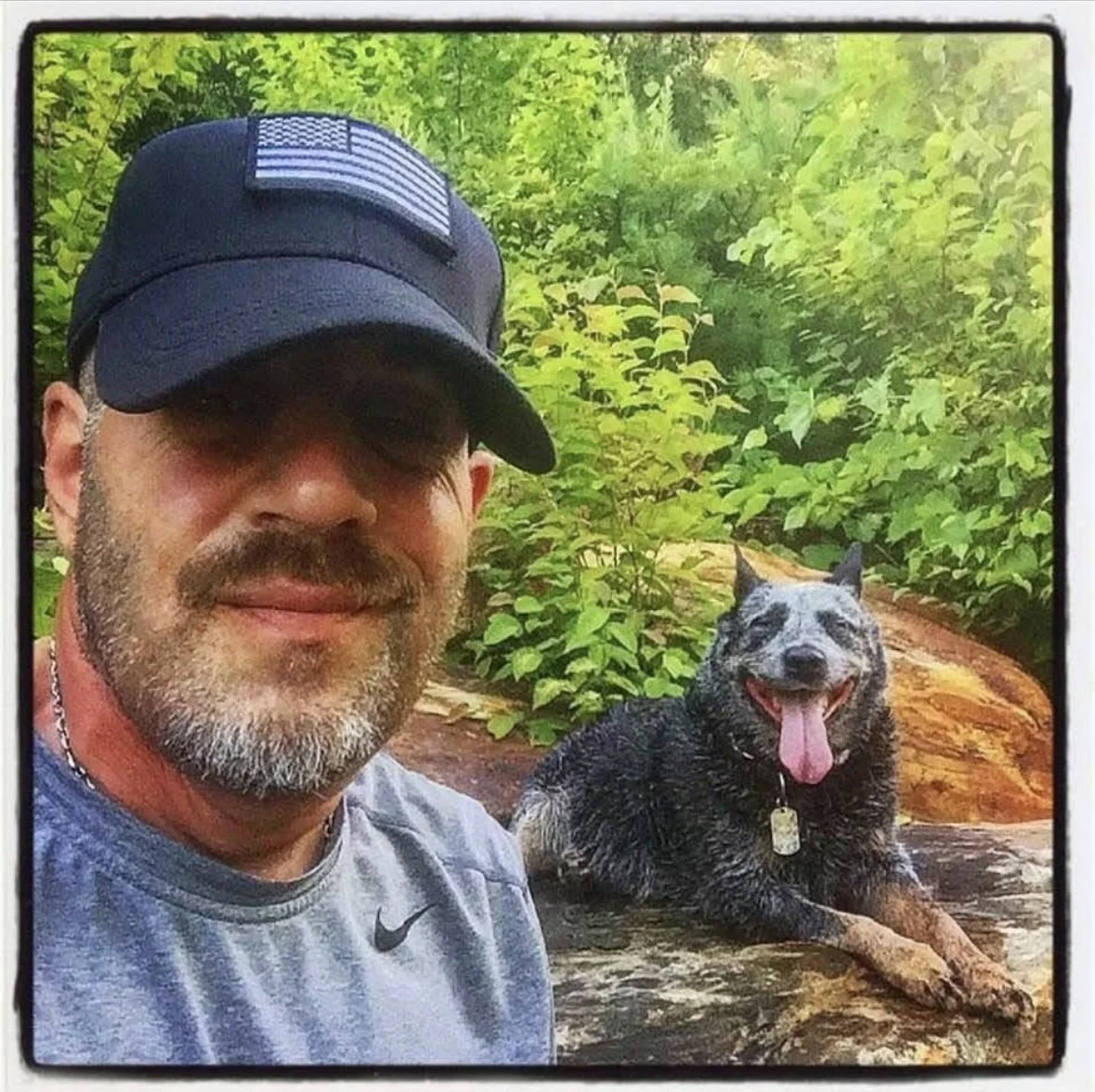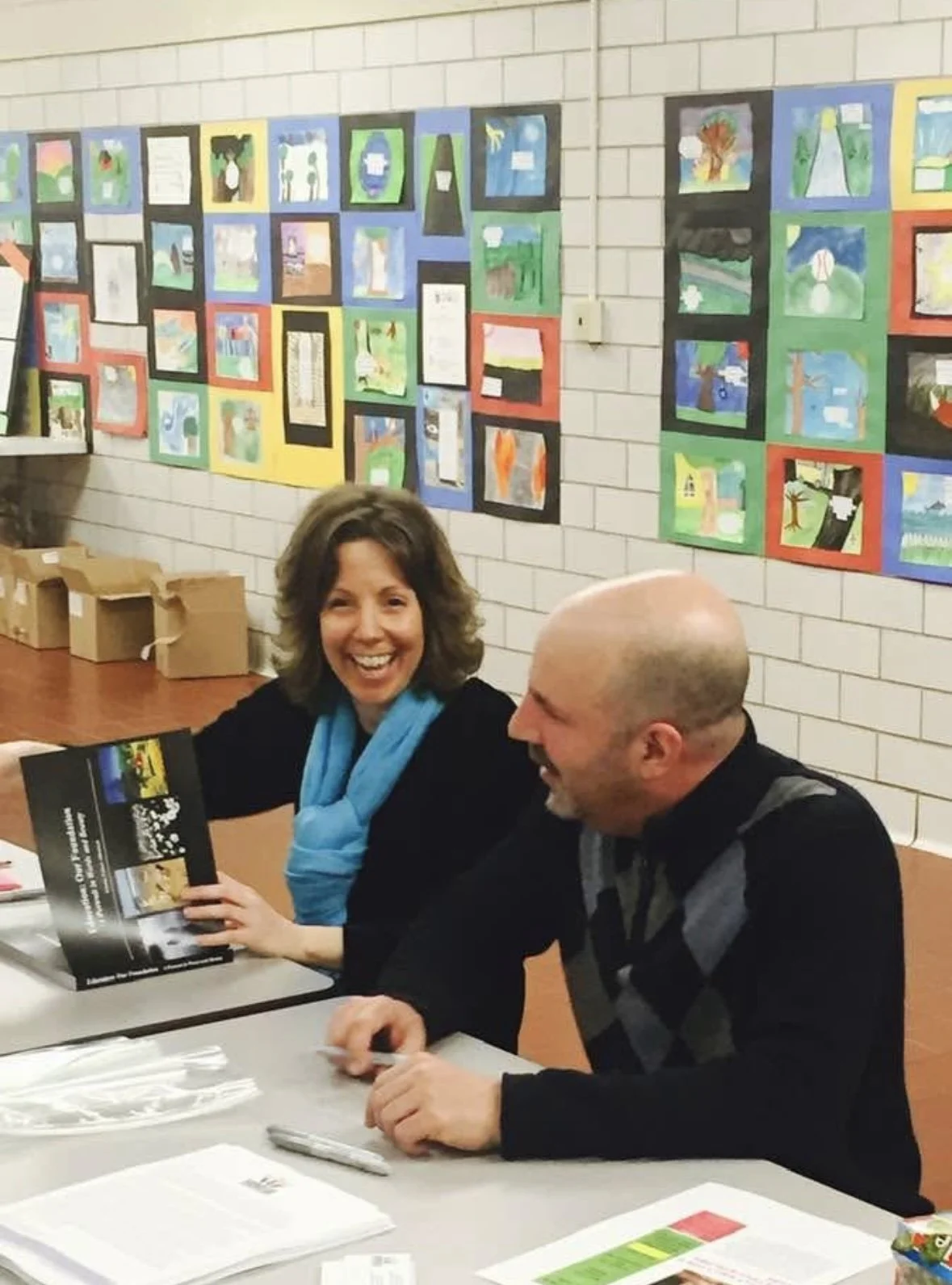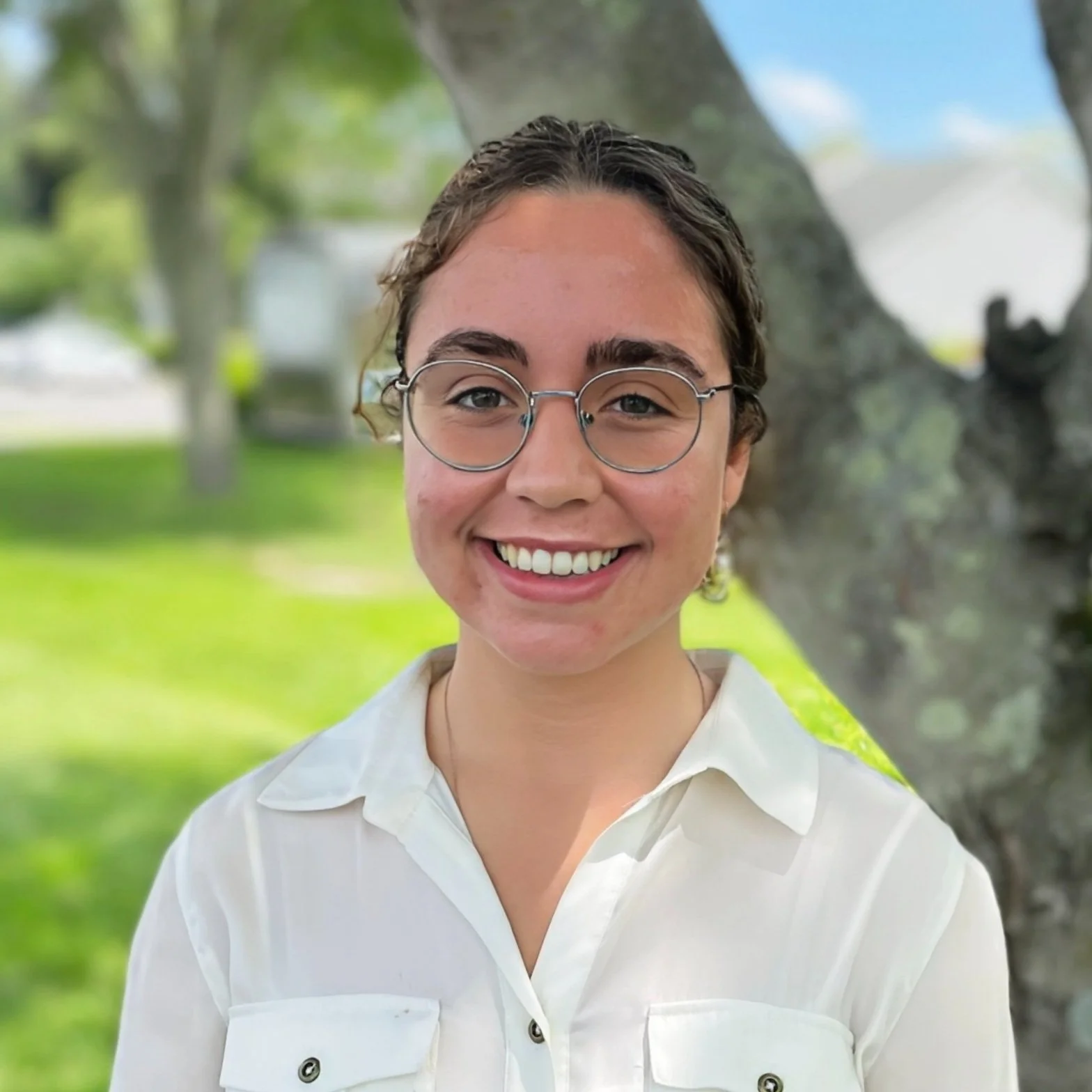A blog post by
Cecelia Allentuck, Publishing Intern
There are no guides to grief. No Grief for Dummies book, no owner’s manual to the bereaved heart. You have to just...feel grief…until it fades to a low simmer in your gut. That feeling can be overwhelming, with grief inside your heart and somehow outside of yourself, too, threatening to devour whatever lies before it. How do you stop it? I wish I had an answer that fit every mold, that could be placed in the hand of every grieving person consumed by their own feelings. But I don’t.
As an 11-year-old, I found my way through grief by walking alongside it, exploring all the caverns of my heart that a loved one left behind, and writing every step of the way. That year, I lost my Uncle John to cancer. I held tight to the hand of my mother, the strongest woman I know, as she lost her brother, who was also one of her best friends. A few months later, while my family and I were still reeling from the loss, my sixth-grade teacher assigned our class a short narrative piece that was supposed to teach us how to show “explosive moments in our writing.”
I find myself turning to writing as soon as I feel grief creeping up on me.
Uncle John’s death was explosive—a shock that left me with a growing feeling that I couldn’t shake away. That feeling was grief. I was so young, using a locker for the first time, switching classrooms every block, smiling at my friends in the hallway. Everything might have seemed normal, on-track, but grief was dancing along the folds of my brain, beating in the blood from my heart, and weighing my shoulders down to a sag.
I decided to write about it.
The writing was a short memoir-like piece, titled, “The Last I Love You.” In it I described the day I visited Uncle John to say my final goodbyes. I wrote about the anxiety of anticipation, waiting for an end I never wanted to arrive, and how strange it felt to both know something bad was about to happen and still be unprepared for it. I wrote about the love I had for his dogs, and my worries for their future without him. Uncle John was a person I’d known my whole life, and then he was gone, the stranger that was grief entering in his place. I wrote about the discomfort I felt at his loss, wearing grief like wet jeans, itchy and tight and heavy, as I navigated the unfamiliarity of the world without him. I wrote about how the last “I Love You” I spoke, even though faintly, even if it went unheard, had helped carry me through the months after his death. And as I wrote, my bottled-up grief came pouring out all at once.
I read my piece out loud in front of my class, something I am not sure I could do today, sharing my feelings with old friends, new friends, and students I wouldn’t interact with after that year. With shaky hands but a loud voice, that experience taught me that writing is a superpower, giving us courage and strength by putting words to feelings and making them less overwhelming.
When I wrote this assignment, I never expected that doing so would change how I work through my emotions. Although writing cannot fill the space left by the loss of a loved one, I discovered that it allows me to sift through the messy feelings, extract the good and bad, and create beauty from pain. Years later, I find myself turning to writing as soon as I feel grief creeping up on me. Not only does writing hold my hand through the bad moments, but it reminds me to look at grief from love’s perspective. There is no grief without love, after all. Love gives us something to grieve. Love creates space for grief to settle in. Love transforms grief into a friend who keeps those we’ve lost present in our hearts. Love makes the last “I love you” I shared with my Uncle John not a final goodbye, but a promise to remember him always.
The first part of the short memoir piece that the author wrote about her Uncle John when she was 11 years old, published in the AFAM Point of View newspaper, January 1, 2018
The author’s Uncle John with one of his three dogs, Mojo
Gianna Allentuck (the author’s mother) and Uncle John
Cecelia Allentuck is publishing intern for Modern Memoirs, Inc.




